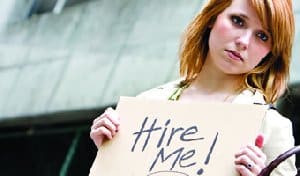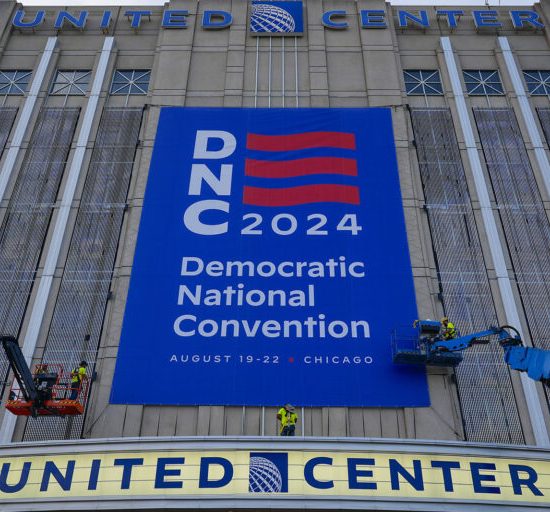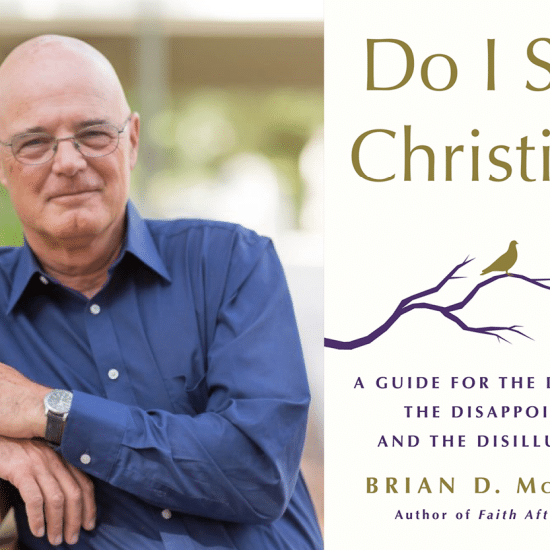In an uncertain and unstable economy, how do Christians reconcile work as a reflection of the image of God in them with high unemployment and under-employment rates?
 |
Should believers reexamine what defines "meaningful" work? How do Christians reconcile faith issues in the face of unemployment?
Work is a reflection of God's image in the human race, some Christian ethicists believe. The concept of working didn't grow out of man's disobedience but came from God.
"God worked and then rested in the Genesis account," noted Bill Tillman, who occupies the T.B. Maston Chair of Christian Ethics at Hardin-Simmons University's Logsdon Seminary in Abilene. "Work went on in the Garden of Eden before the fall."
David Gushee , distinguished professor of Christian ethics at Mercer University, agreed. "Part of being made in the image of God is that we were made for meaningful work," he said.
Social and emotional problems sometimes arise over the understanding of how that image plays out in individual lives. "We are workers as God works," Gushee added. "But that doesn't necessarily mean paid work … or mean work that sends chills down our back."
The image of God understanding also has translated to self-image. "Too often, the so-called Protestant work ethic gets reduced to finding our self-identification through work," Richard Land, president of the Southern Baptist Convention's Ethics & Religious Liberty Commission, explained. "When people can't find work … it hits their self-identification.
"We shouldn't find our identification in work. … We should find it in God's Son … who has a plan for our life."
But self-fulfillment must be addressed, Tillman said. "We are working on behalf of our vested interest … our livelihood … and for the common good … and also for the more intangible sense of fulfillment and satisfaction."
While the unemployed first may talk about the need to support their families, "in the longer term, we hear people say, 'I'm of no use to this society,'" he explained. "After people are unemployed for a while, they often say, 'I'll take just any kind of work.'… That's when the intangible takes hold … and can lead to depression."
The intangible reasons make it all the more necessary for governments to ensure full employment for citizens. "It is the responsibility of society to create opportunities for everyone to have something to do, because it is essential to being human," Gushee said.
"When we are chronically deprived of access, unemployment corrodes the spirit, creates depression, frustrates us in the image of God in our productivity. It's bad for the human spirit and bad for the economy."
While job loss can be devastating economically and emotionally, Tarris Rosell, professor of pastoral theology, ethics and ministry praxis at Central Baptist Theological Seminary in Shawnee, Kan., believes it can open people's eyes to new possibilities.
"There are many employed persons who are not engaged in anything like 'meaningful work,' that is, their occupation—what occupies their work hours—is not their vocation—that to which God calls," he said. Many have been employed for years in a job "that perhaps had meaning mostly as means of a paycheck and little else."
"In contrast, Frederick Buechner wrote that our vocation lies at the intersection of what the world needs and what makes us glad—or 'makes your heart sing,'" added Rosell, who also fills the Rosemary Flanigan Chair for the Center for Practical Bioethics in Kansas City and is a clinical associate professor of the history and philosophy of medicine for the University of Kansas School of Medicine.
Often, job loss forces individuals to consider other alternatives, and many seek higher education, including seminary, to follow their "true or new vocation."
Rosell emphasized that much of the work in which people are engaged is detrimental, and he considers loss of it "a good thing."
"Some occupations actually entail work that the world does not need—manufacturing jobs of products that are harmful to persons and/or the environment, or that involve purchasers of activities that are meaningless or a distraction from what is good, or products that simply encourage wasteful and unnecessary consumerism," he said.
"Other jobs involve the worker in acts of violence and destruction, contrary to the call of Jesus on those who would follow him in this life."
While God created work and the human desire to be productive, unemployment is a result of people's actions or inaction, Rosell believes, not necessarily as individuals, but as special-interest groups and society as a whole.
"Surely, much of the unemployment problem is a direct consequence of having engaged human workers in jobs that were not what the world needed in the first place," he said.
Other causes, he added, included human greed, corruption "in high places," corporate evil and the "growing disparity between what executive officers take as salary and bonuses relative to what everyone else is allotted."
As long the economy operates from a cyclical approach of highs and lows, unemployment often is seen as inevitable.
"We don't need to revise our understanding of meaningful work," Gushee declared. "We need to look at our social contract that seems to readily accept the boom-and-bust concept."






